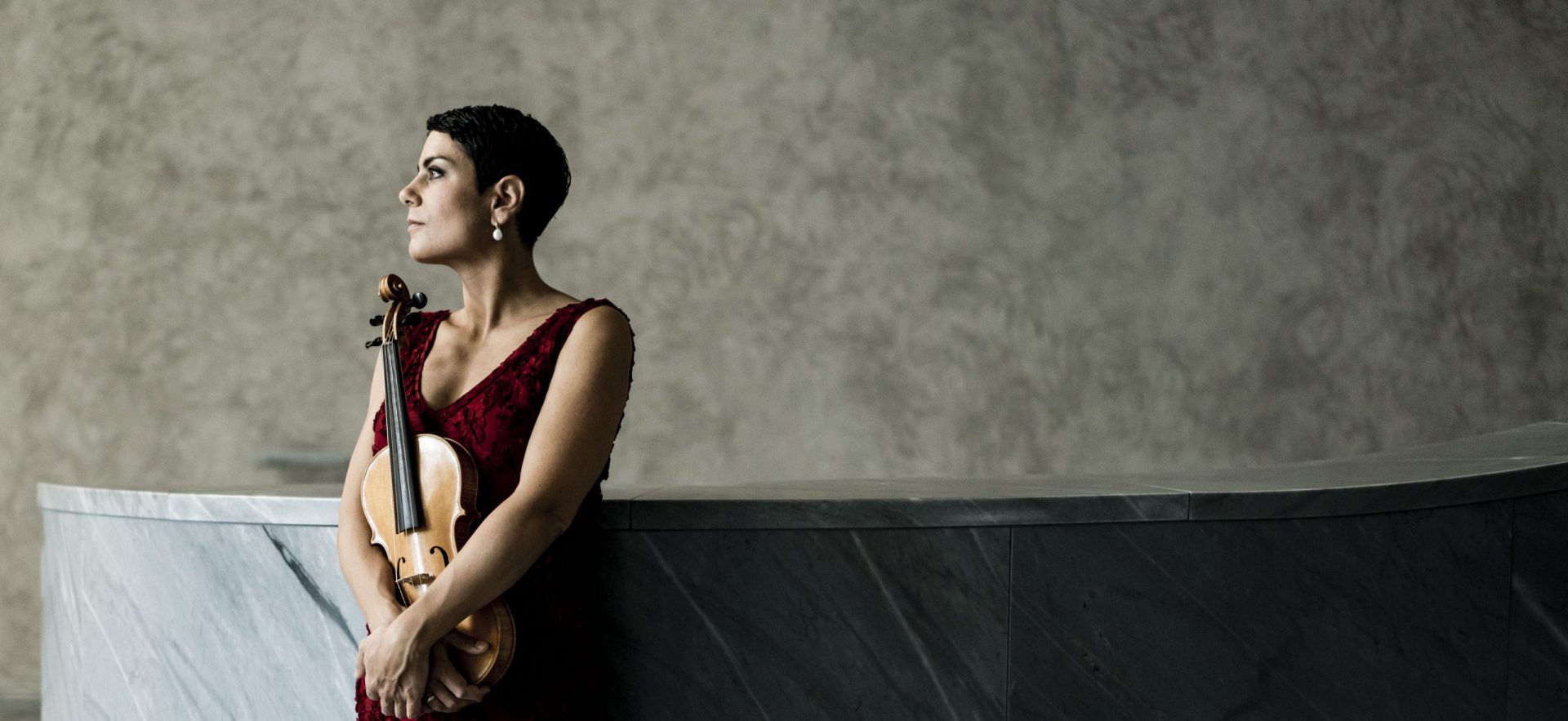Paul Dyer’s infectious presence is as conspicuous as his absence. But in his absence for this concert came Leila Schayegh, a prominent Baroque violinist and leader in the study of Baroque performance, who was guest director of the Australian Brandenburg Concert for this well-curated concert program.
First was Zelenka’s Hipcondire a 7 Concertanti, ZWV 187. It was a fitting way to begin a concert, marked as it is by its stately French overture pace. The theme behind the piece seems to have been a common Baroque trope – the folly of the hypochondriac – which can be seen in Charpentier’s first collaboration with Moliere in Le Malade Imaginaire. The first movement has all the hallmarks of Zelenka – packed with witticisms, original ideas, and surprising, almost schizophrenic, turns of character, such as when the piece jostles abruptly between major and minor mode, to give a jarring chiaroscuro effect. Another example of Zelenka’s inventiveness is the curiously tango-like bass performed by both basso continuo and the bassoon – Zelenka’s favourite instrument. Variety in dynamics, and a tasteful deployment of pauses for dramatic effect, brought this piece to life. The Allegro was a fugue featuring a simple but persistent theme. The Lentemen took a darker turn with all its rich chromaticism, and marked an abrupt return to the French dotted rhythms of the first movement. But after a light and tasteful solo by Schayegh, the piece ends, delightfully, with a tierce picarde.
The Concerto Grosso in F major, Op 3 No 4, HWV 315 had all of Handel’s elegance, but began in much the same way as the Zelenka. The trills were synchronised perfectly throughout. The B-section to this overture was, true to form, a lively fugue. A highlight was the oboe solo in the Andante, which had Emma Black’s dynamic control on full display. The Allegro featured a fiery dialogue between Schayegh and Ben Dollman on violin. The oboes put themselves centre-stage yet again in the introduction to the stately Minuetto Alternativo, with something of a bassoon intermezzo.
Then came Leclair’s Violin Concerto in E Minor, Op 10 No 5. Schayegh deftly negotiated multiple melodies on what is often thought to be a monophonic instrument throughout the Allegro ma poco. As with most of Leclair’s violin works, this was an exercise in virtuosity – arpeggios, double-stopping, bariolage and all. As though this was not enough, Schayegh performed an extended cadenza, as she did in the concluding Allegro, both of which seemed studied and yet so effortless.
The second half of the performance was dedicated to Bach. Both were large works. The first was Bach’s Violin Concert in D minor, BWV 1052R, a reconstruction of the famous Harpsichord Concerto in D minor BWV 1052 (which was, it must be said, one of the first of its kind). Such is the genius of Bach that its beauty transcends the medium in which it is performed. The first movement begins with its characteristic fiery motif. Despite a few slips in timing and a tendency toward a fast and motoric continuity without the relief of a dramatic pause, Schayegh dispatched a series of fiendishly-difficult arpeggios as though with the quickness of a breath. And most of Schayegh’s stunning arpeggios in the Allegro were improvised.
The second was Bach’s Orchestral Suite No 4 in D majo, BWV 1069. All movements are infused with the spirit of dance and at least to this extent has an affinity with the Leclair concerto that came before. That is no surprise – the suite, like all of Bach’s suites (and indeed like all his keyboard suites, partitas etc, after the tradition established by Froberger) – are modelled on French dances. The Bourree was a personal favourite. It features a tortuous winding line for the bassoon – an instrument often relegated to basso continuo in works of this period – which Sim Walters executed with flair. Each voice is given its own persona in what the orchestra made a rich, unfolding drama.
